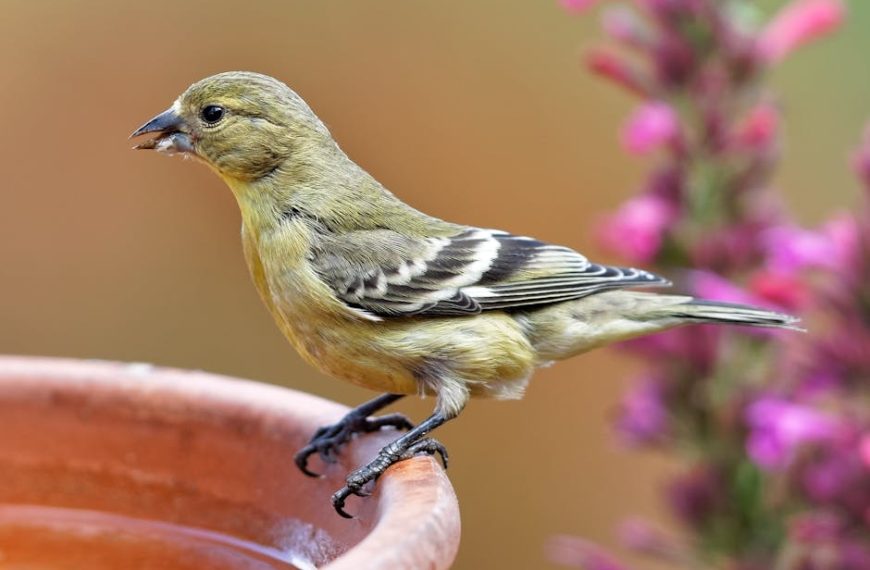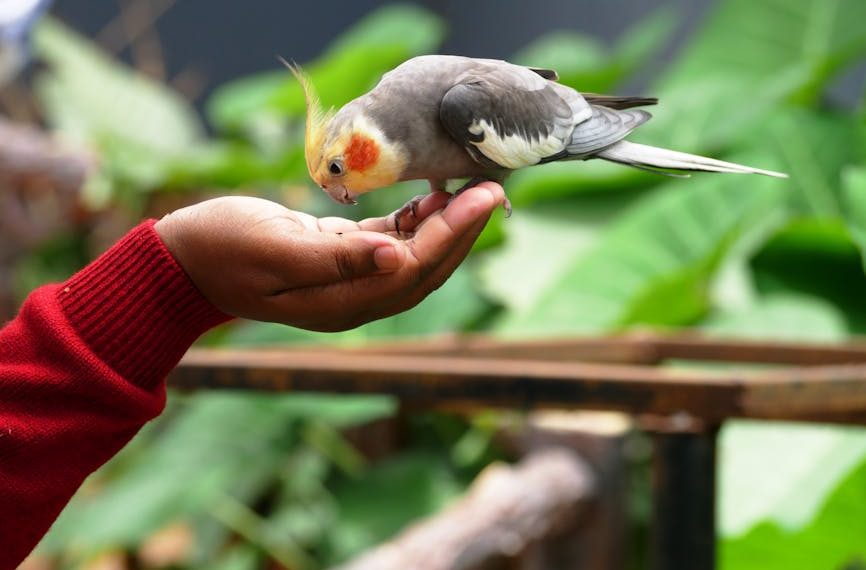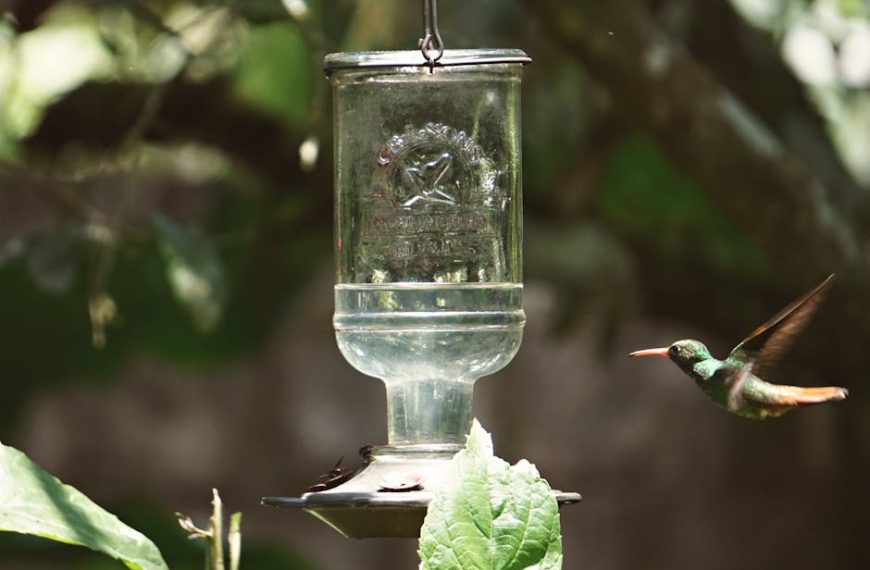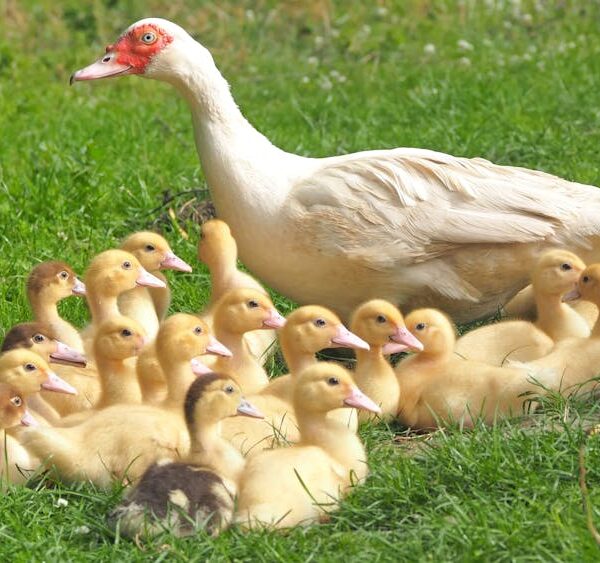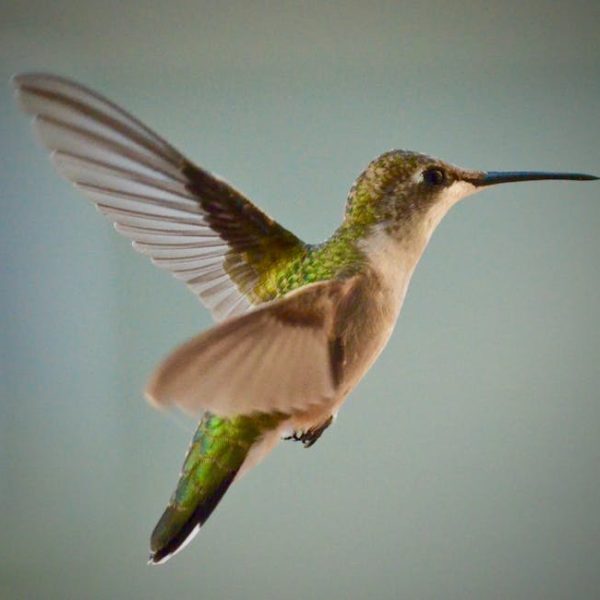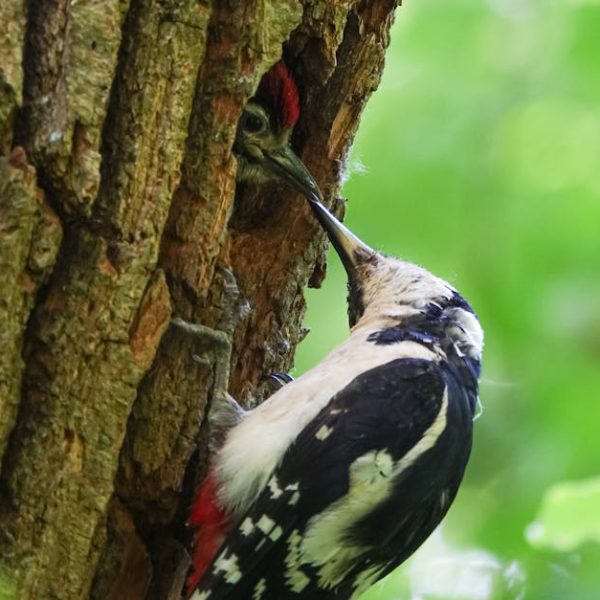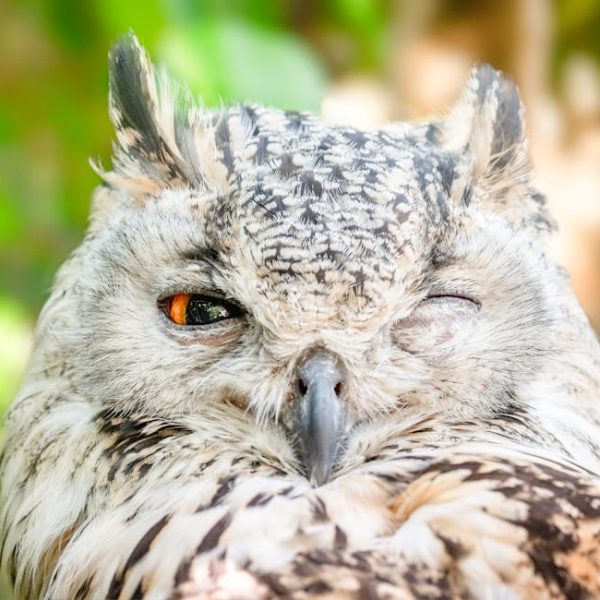When considering the acquisition of a talking bird, it is crucial to understand that multiple factors play a significant role in determining their cost. Three primary considerations that directly affect their pricing are the species of the bird, its age, and the source from where it is procured.
The category of the bird heavily influences its price. Some bird species are known for their exceptional ability to mimic human speech like the African Greys or Cockatoos. These birds, due to their high demand, are generally more expensive. The bird’s age is another important factor. Younger birds are typically pricier than older ones as they can easily adapt and learn new sounds and words.
Finally, where you buy your bird plays a significant part in costing. Birds from reputable breeders or pet shops are often expensive due to their quality and authenticity guarantees, while those procured from online platforms or direct sellers can be a bit cheaper.
- Pro Tip : To ensure that you are getting a quality bird, ensure to buy from a reputable breeder or pet store. These sellers offer authentication and health guarantees, which can save you from potential hoaxes and health issues.
Cost Breakdown of Popular Talking Birds
The price of a talking bird can greatly differ based on the species. Let’s delve into the cost of some commonly sought-after talking birds:
- African Greys: Known for their heightened intelligence and mimicry, African Greys are quite expensive and can range from $1,000 to $5,000.
- Amazon Parrots: Prices for Amazon Parrots can fluctuate between $600 and $1,500 based on the species within this category.
- Budgerigar (Budgie): Budgies are a comparatively cost-effective option, priced around $10 to $35.
- Best Practices : It’s always best to research a seller’s reputation before making a purchase. Online reviews, testimonials, and referrals are excellent ways to ensure the seller’s credibility and the bird’s health.
Additional Costs Associated with Owning a Talking Bird
The purchase price of a talking bird isn’t the end of your financial responsibilities – there are also considerable ongoing costs to consider. These span across necessities such as a properly sized cage, consistent supply of nutritious food, and toys for stimulation. In addition, you should factor in regular veterinary care and grooming demands depending on the bird’s species.
Here is a detailed list of potential ongoing costs:
- Cage: $50 to $500+
- Food: $10 to $30 per month
- Toys: $30 to $100
- Vet Care (annual): $50 to $200
- Grooming: $10 to $50
The expenses mentioned above are ballpark figures and can vary based on different factors such as living conditions, dietary requirements, and the bird’s overall health. Nonetheless, they represent a recurring financial commitment to keeping your bird happy, healthy, and well-adjusted.
Finding a Budget-Friendly Talking Bird
Provided that you aren’t fixated on purchasing a rare species, there are plenty of ways to bring a talking bird into your home without bursting your budget. For example, adoption centres and rescue organisations often have a variety of birds seeking a new home, usually charging minimal adoption fees that pale in comparison to purchasing prices from breeders.
Use this checklist when searching for a budget-friendly talking bird:
- Has the bird undergone health checks and vaccinations?
- Is the bird sociable and comfortable around humans?
- How well does the bird speak or mimic?
- What has been the bird’s diet and cage condition?
- Pro Tip : Don’t be shy about negotiating the price. Sellers, especially individual sellers on online classifieds platforms, often have some room for negotiation. Be respectful, fair, and transparent about your budget limitations.
Maintaining a Talking Bird on a Budget
Just because you’re on a budget doesn’t mean that you can’t provide a wonderful and enriching home for a talking bird. The trick is to prioritize your costs and to find creative, cost-effective solutions wherever possible.
Food and Nutrition:
Many suitable bird food brands offer nutritious elements required for talking birds within a reasonable budget. Do your research and choose brands that provide balanced bird food at affordable prices. Supplement their diet with fresh fruits and vegetables-some of which you might already have at home.
Supplies and Equipment:
For cages and toys, you can look into second-hand options or DIY contraptions, provided they remain safe and appropriate for your bird. Cleanliness is paramount, so whether you’re reusing or creating toys and cages, ensure they’re regularly cleaned and disinfected.
Healthcare:
Regular health check-ups are crucial for a bird’s well-being. While it might seem like an unnecessary recurring expense, preventive healthcare can save you from considerable potential costs associated with treating illnesses or conditions.
- Best Practices : Regular interaction and environmental enrichment are just as important as tangible supplies in maintaining your bird’s mental health and happiness. Incorporate regular playtime and varied activities into your bird’s schedule, to keep them mentally stimulated and socially engaged.
Key Takeaway:
- The cost of talking birds is influenced by numerous variables including the species type, the bird’s age, and the source of acquisition. African Greys and Amazon Parrots are typically pricier due to their superior talking abilities.
- There are ongoing costs involved in owning a talking bird including food, cage, toys, healthcare and grooming, adding up to a significant recurring expense.
- Budget-friendly means of bird ownership include adoption from centres or rescue groups, and cost-effective maintenance strategies.
Despite the associated costs, owning a talking bird can bring joy and enrichment to your life. Even on a budget, you can provide a loving and supportive environment for your pet. Remember, the value of your bond with your talking bird is priceless.
FAQs
Q: How can you tell if a seller is reputable when buying a talking bird?
A: Reputable sellers often provide health guarantees and necessary documents for the bird. You can verify their reputation through online reviews, customer testimonials, and referrals.
Q: What if the seller refuses to negotiate the price of the bird?
A: If negotiation isn’t an option, but you’re still interested in the bird, consider whether that specimen is worth the expense. Remember, don’t compromise on the bird’s health and happiness for the sake of a lower price.
Q: Can you cut costs on bird food by feeding them human food?
A: While some human foods like fresh fruits and vegetables can supplement your bird’s diet, they normally require specific bird food for balanced nutrition. Cost-effective bird food brands are available that cater to their dietary needs.
Q: How can you ensure second-hand toys and cages are safe for your bird?
A: If you opt for second-hand items, make sure they’re thoroughly cleaned and disinfected before use. Ensure their construction is appropriate for your bird’s size and species, without any sharp edges or broken parts that may cause injury.
Q: What if you can’t afford regular vet care for your bird?
A: Although it’s important for your bird’s health, if regular vet care is outside your budget, focus on preventative measures. Maintain a clean environment, a balanced diet, and look for signs of distress or disease. If your bird shows signs of illness, seek veterinary care immediately.
Remember to share this comprehensive cost guide with anyone considering a talking bird as a pet. Explore more posts on our website to have all your pet-related curiosities answered!


